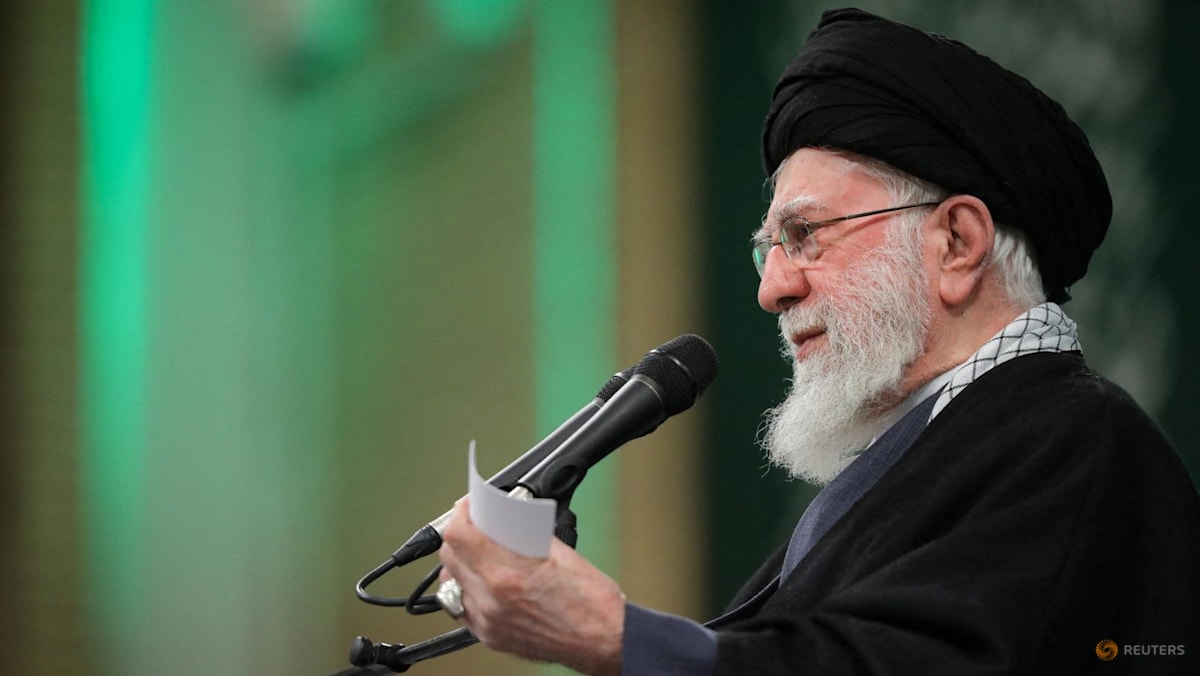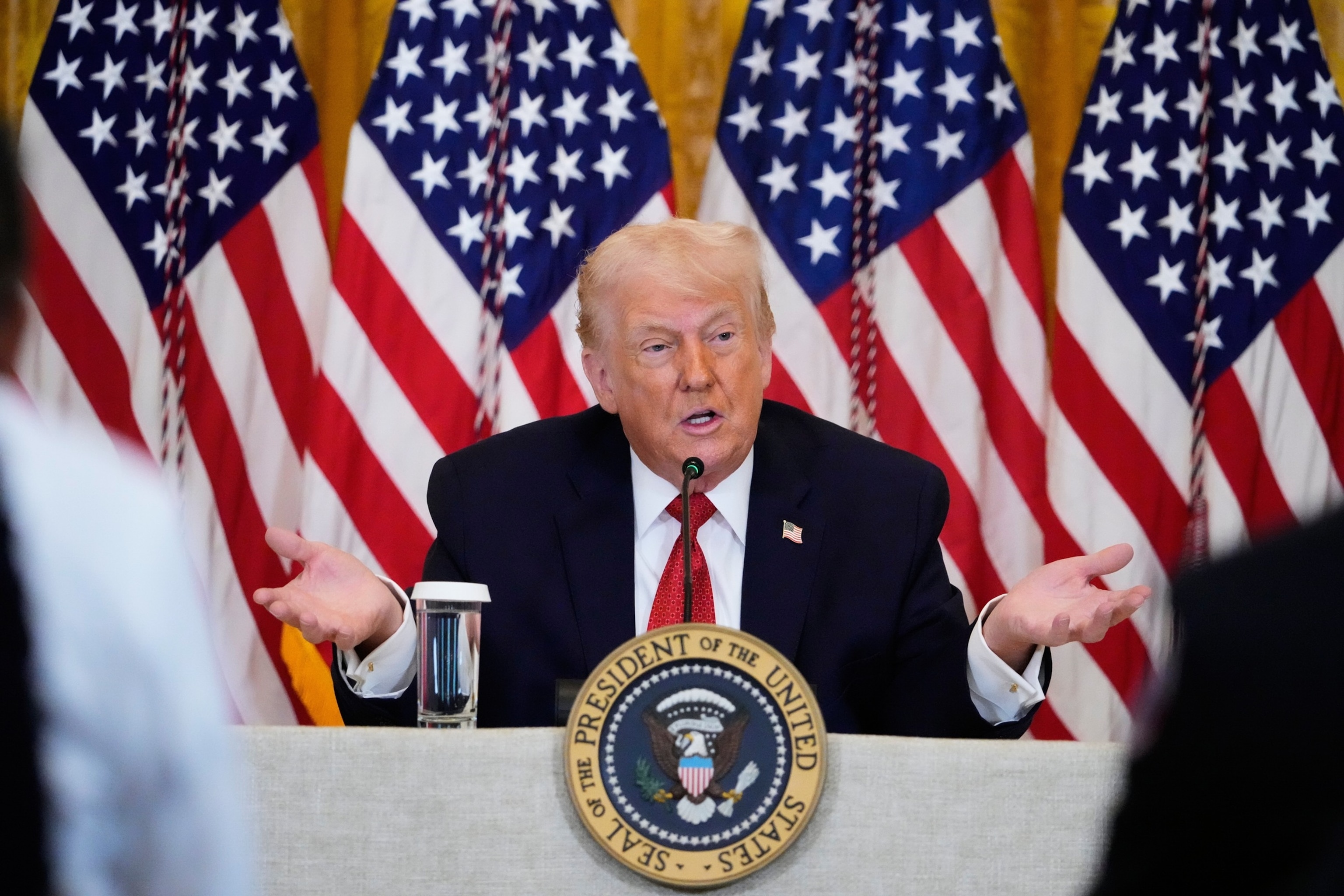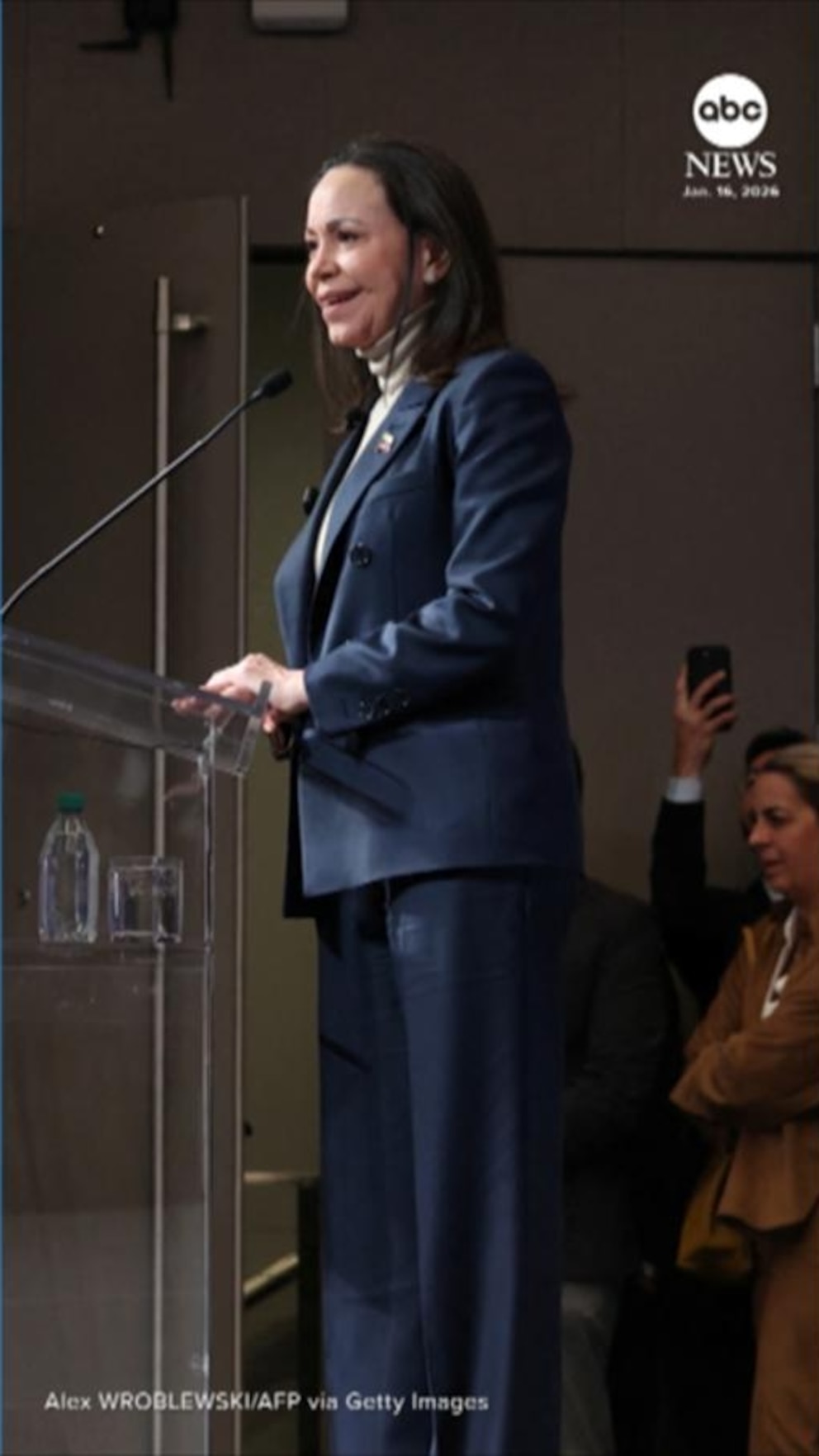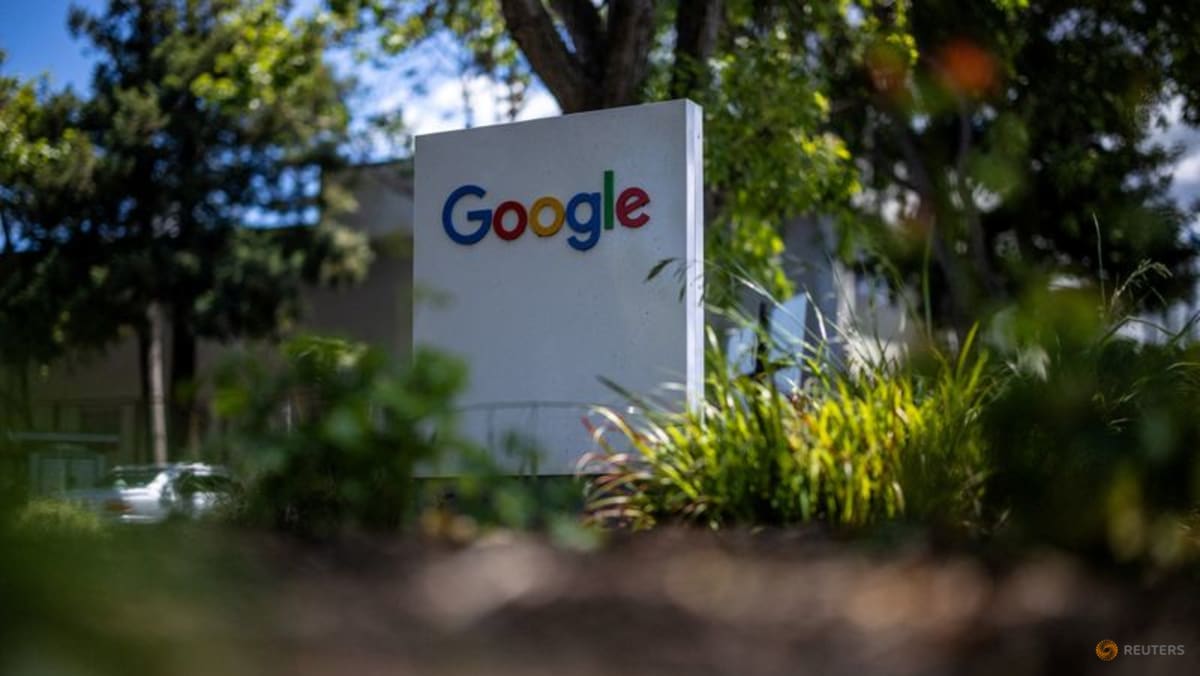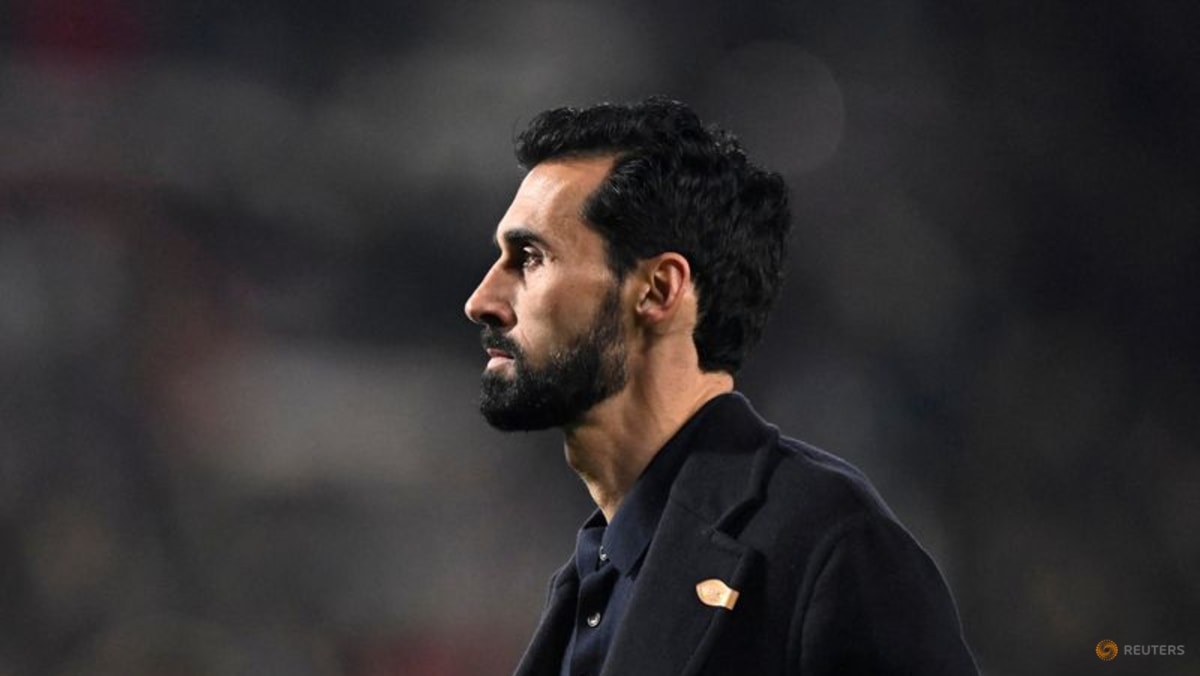Chinese premier Li Qiang in Germany as Western mistrust mounts
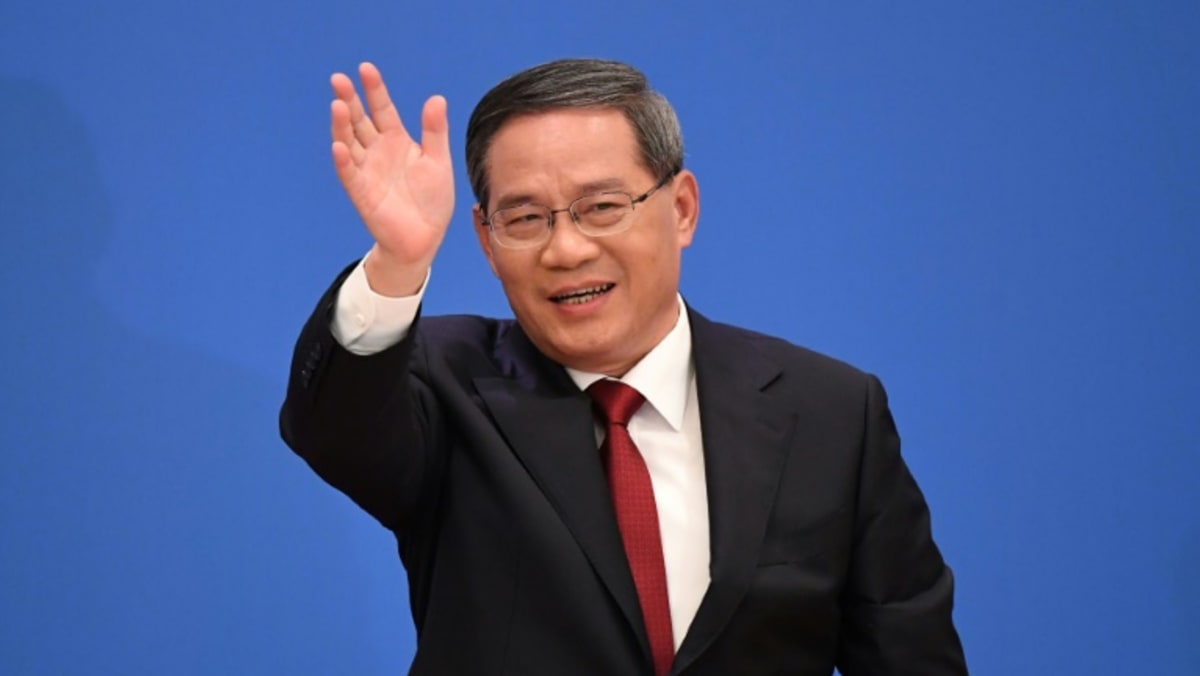
PUSH TO DIVERSIFY
Export giant Germany, by virtue of its economic might, has always enjoyed special ties with China.
Under former chancellor Angela Merkel, Berlin took a pragmatic approach of talking up economic opportunities while keeping less flattering opinions on rights and freedom behind closed doors.
That made China a key market for Germany’s exporters while also allowing Berlin to take in prominent human rights activists like Liu Xia, apparently without suffering any retaliatory consequences.
But the coronavirus pandemic raised doubts about the wisdom of relying on a far-flung partner with its own huge domestic needs for essentials from medication to surgical gowns to masks.
And Russia’s war on Ukraine turned the approach of economic rapprochement on its head.
With China refusing to distance itself from Russian President Vladimir Putin, concerns are growing in the West over its motives and reliability.
The European Commission last week warned that Chinese telecoms giants Huawei and ZTE posed a risk to the EU’s security and said it would stop using services that relied on the companies.
Diversifying has now become a buzzword for Germany’s elites, with Berlin intensively wooing more partners beyond the world’s biggest powers.
“ECONOMY IN TROUBLE”
But inconveniently for China, the shift is happening when the Asian giant is experiencing an economic slowdown.
Sluggish exports and domestic demand are weighing on China’s post-Covid economy, while headwinds from major powers like the United States are growing.
It was no surprise, then, that Li had picked Germany as his first stop abroad, analysts said.
Thorsten Benner, director of the Global Public Policy Institute, told AFP that “as relations with the US deteriorate, Beijing has an interest in demonstrating it has constructive relations with the biggest player in Europe”.
Beijing could also use the chance to “advance policies that drive a wedge” between Europe and the United States, he added.
Li is “in charge of fixing the economy, which is in trouble”, Ian Johnson, China expert at the US think tank Council on Foreign Relations, told AFP.
“So it makes sense to go to China’s biggest trading partner in Europe,” he said, adding that Beijing needs “further investment and better business ties with companies, such as BASF, VW and Siemens”.
Benner said it was “open whether Germany continues to play the game of pretending there is broad agreement with Beijing”, in a meeting he called a “stress test”.
Alternatively, it could choose “a new path of straight talk and limiting the final statement to areas where there is a genuine path forward for cooperation”.
Source: CNA



